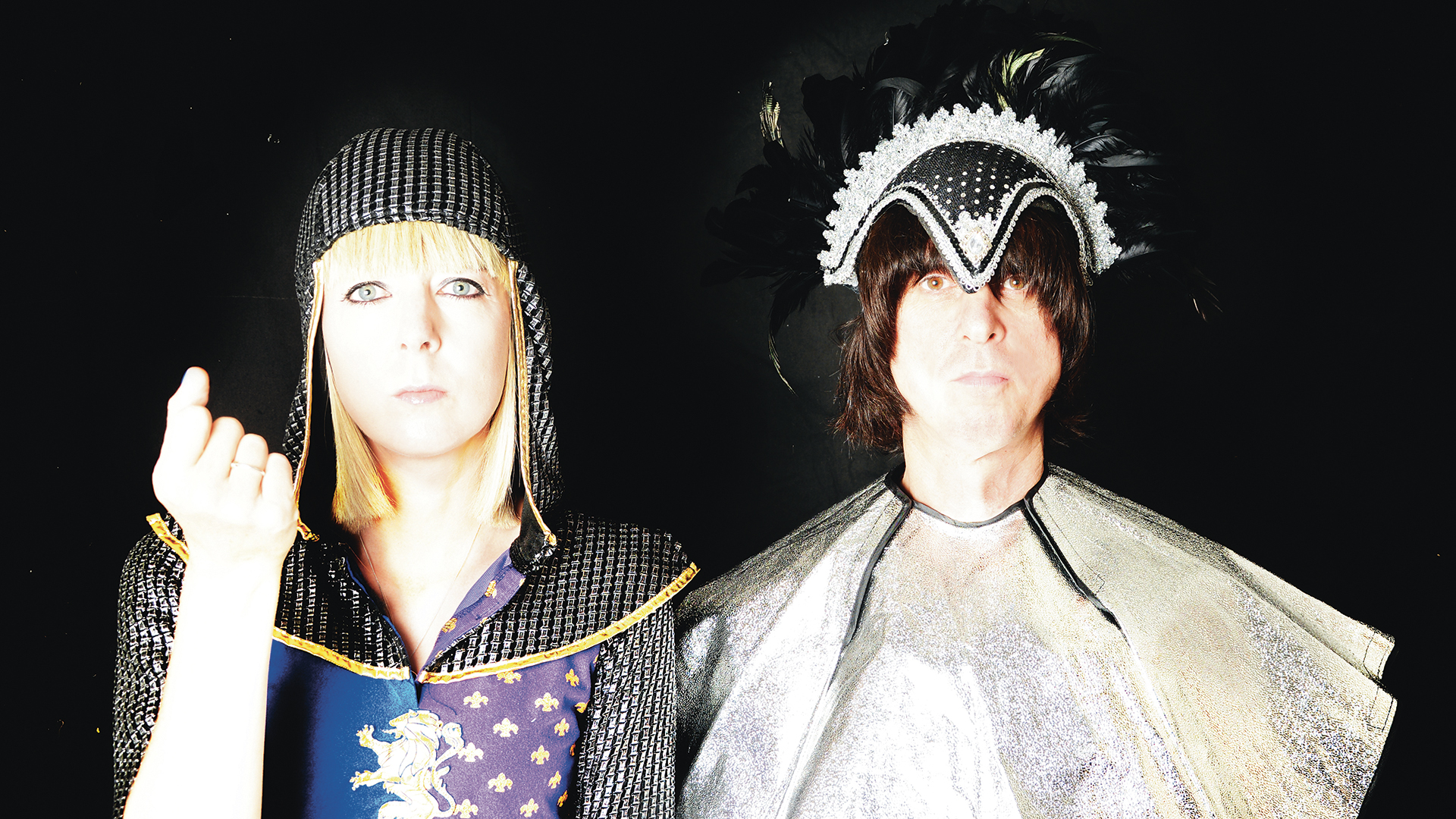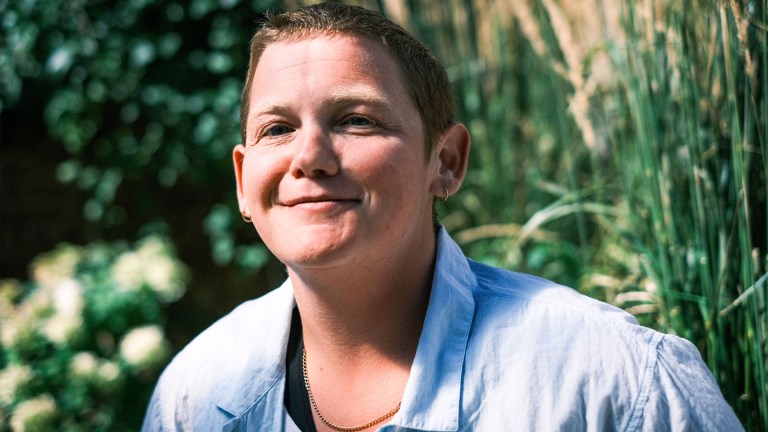“We were robbed last night,” raged a recent viral tweet by cult Lancaster band The Lovely Eggs, directed at the O2 Apollo venue in Manchester after they’d just supported US slacker-rock heroes Pavement there. “[They] took 30 per cent of our merch sales,” the lo-fi psychedelic punk duo’s angry post continued. “Also forced to sell T-shirts for £35. Found out last minute. Tried to fight it. But management wouldn’t listen. This shit will kill DIY bands like us. O2 Apollo you should be ashamed of yourself.”
Like so many others at the more DIY end of the music industry, The Lovely Eggs have simply had enough of this kind of thing, and influential voices quickly piled in to back them up. “Screw all venues who take percentages of artists’ merch sales,” wrote ex-Sonic Youth member Thurston Moore in a quote tweet. “Live Nation took 30 per cent last night for doing NOTHING,” grumbled Pavement guitarist Spiral Stairs, referring to the O2 Apollo’s multi-national operator, which had stung the headliners just as badly.
Public figures beyond music were furious too. “Was possibly thinking of playing this venue for my next tour,” fictional political correspondent comedian Jonathan Pie chimed in. “That’ll be a no from me then.”
On their irate indie bods bingo card, nobody can have had multi-million selling His Dark Materials author Phillip Pullman. “Where are the laws that ought to prevent this sort of contemptible behaviour?” he questioned. “No one should exploit artists and musicians from a place of greater power and get away with it.”
Believe it or not, that stack of threadbare and faded old band T-shirts in your drawer represents financial lifeblood to some of your favourite artists. It can take years for a band to reach the level where they’re earning decent fees on live shows – if they ever reach that level at all. But merchandise in the form of vinyl records, CDs and cassettes, posters, mugs and especially band T-shirts (because music fans just love to show their colours), represents quick and relatively uncomplicated returns right from the get-go, sometimes equal to if not exceeding gig fees on a good night. Money vital for everything from accommodation and transport to basic subsistence costs for band and crew.
“We rely on merch sales to top up ticket sale money so we can get by throughout the year when we’re not touring,” Holly Ross from The Lovely Eggs tells The Big Issue.








